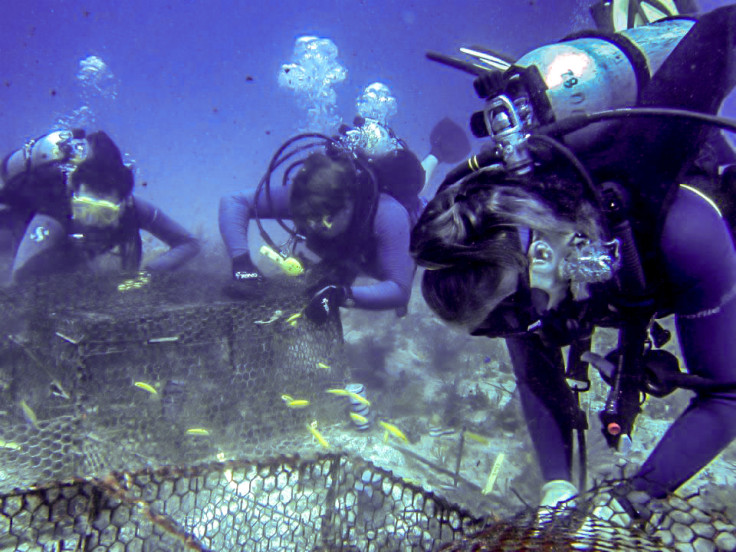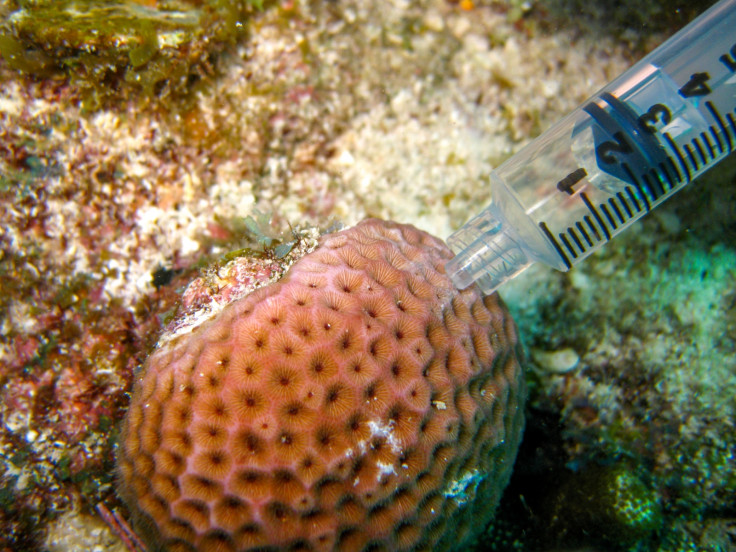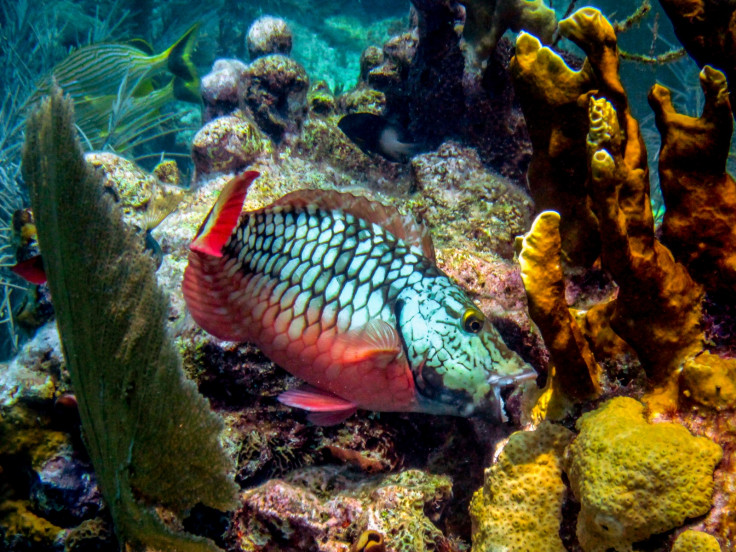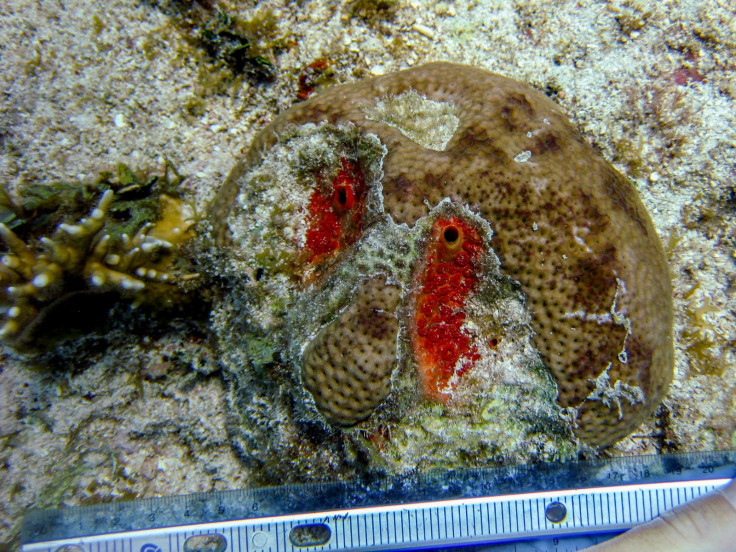Corals are dying worldwide to triple threat of overfishing, pollution and ocean warming
Widespread coral deaths in oceans around the world are being caused by a combination of local environmental stress factors and global warming, scientists have said. Among the most serious threats to coral are overfishing and pollution.
The study, published in Nature Communications, is the result of one of the longest field experiments ever conducted on the topic of coral mortality. It is known that pollution, ocean warming, overfishing and sedimentation are all to blame for the damage. Over three years, an international team of scientists worked on experimental plots on coral reefs in Florida Keys to assess how these environmental factors interacted to cause coral deaths.

The scientists stimulated both overfishing and nutrient pollution – the process by which nitrogen and phosphorus build up in water, leading to excessive algae growth. They discovered that each of these two stress factors destabilised the microbial communities and led to algae and opportunistic pathogens proliferating on the corals. In both cases, coral mortality rates increase.
"This makes it clear there's no single force that's causing such widespread coral deaths. Loss of fish that help remove algae, or the addition of excess nutrients like those in fertilizers, can cause algal growth on reefs. This changes the normal microbiota of corals to become more pathogenic, and all of these problems reach critical levels as ocean temperatures warm", explains lead author Rebecca Vega Thurber.
These effects were further amplified when temperatures rose. Indeed, 80% of coral deaths occurred in the warm summer and autumn, but only when fish were removed or nutrient pollution levels were high.

At the end of the experiment, coral reefs were so vulnerable, that they were even killed off by parrotfish. In normal conditions, parrotfish, like many other species, are essential to the health of coral reefs, nibbling at them to remove algae. This causes no permanent damage.
But when a parrot fish bites them in their fragile state, 62% would die. A normally healthy fish-coral interaction had been turned into a deadly one, because of the devastating impact of environmental stressors.

These factors add on to the damage caused to corals by mass coral bleaching in warm temperatures, which have been observed by scientists since the 1980's - making the situation extremely worrying.
"About 25-35% of the corals on the Great Barrier Reef are dying right now," Vega-Thurber stresses. "In 2014-16 large portions of tropical reef across the planet experienced bleaching, and this past April, 90% of the Great Barrier Reef bleached as part of a massive El Nino event. Corals everywhere seem to be dying."

Corals are good indicators of the overall health of oceans. For them to recover and for oceans to stay pollution-free, vigorous measures by governments around the world will have to be taken. Ensuring that coral local environment is free of nutrient pollution and that fish stocks are not depleted, is a first step.
© Copyright IBTimes 2024. All rights reserved.






